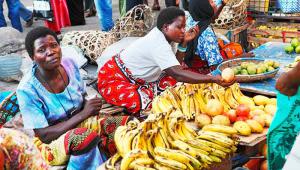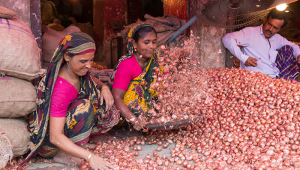Research conducted by the ODI found that policy failures have given rise to a global but hidden crisis in childcare. This has “disastrous consequences” for children and prevents women and girls from getting an education or entering the labour market, hindering the gender parity that could boost the world economy by as much as $28 trillion.
Of all the 37 countries studied, the ODI said that Ireland was the most unequal, with men doing just 7% of the childcare, followed by Iraq, Albania and South Africa, where 90-92% of the responsibility for childcare falls on women.
Emma Samman, the author of the report and research associate at ODI, said governments everywhere are “ignoring the crisis” despite the wellbeing of women and children being vital to national prosperity.
The report warned that public policies are not doing enough to support families in balancing the demands of work and caring for their children, with governments creating solutions that fail to align with the reality of women’s lives.
In developing countries in particular, it said policies based on developed country models such as the right to take time off, while important, largely fall short. For the 129 million women working in the informal sector for example, these rights do not even apply.
The report makes a number of policy recommendations that would better support families, including incorporating men into childcare agendas, encouraging fathers to play a larger role, and extended labour market policies like maternity and paternity leave so parents are better able to combine work and care.
Early childhood education services that meet the needs of both children and their mothers need to be provided, it added.
While the report said that where early childhood education and care programmes had been rolled out and scaled up, this has been done with little attention to financing and no attention to the way it should support both children and mothers’ needs.
For example, classes rarely run for more than a few hours a day, leaving mothers with inadequate time for work. Where care for children under four is available, this is likely to come at a high price, leaving the poorest mothers and children with the least access.
Children themselves also suffer. In 53 low- or middle-income countries for which data was available, ODI researchers estimated 35.5 million under fives – equal to amount of all of the under fives in Europe – are being left without any adult supervision.














